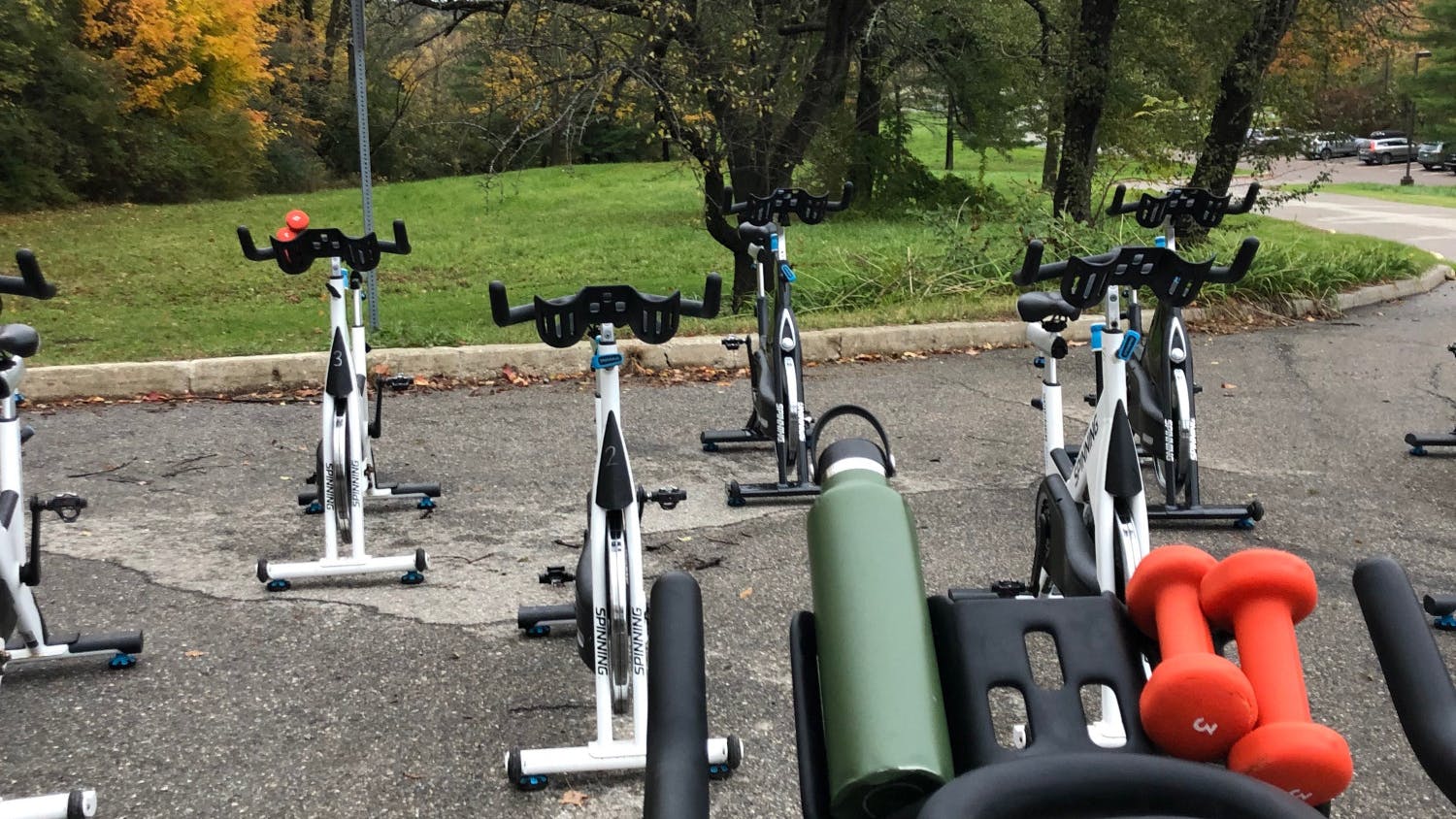An estimated 963 upperclassmen not involved in independent work attempted to register for 875 available seats on the final day of J-Term registration this year — leaving almost 100 students without a 2022 winter term class.
During J-Term, in which students take a single course for the month of January, courses often tackle academic subjects outside of the college’s typical offerings. Upperclassmen are also able to use the time to undertake internships or engage with independent research. While upperclassmen register first for fall and spring term courses, first years and sophomores register earlier for J-Term courses — leaving many juniors, seniors and upperclassmen Febs without a class for this winter.
According to Dean of Curriculum Grace Spatafora, the difficulty surrounding J-Term registration this year stems from unprecedented pandemic-related challenges to how a typical J-Term is organized. In J-Term, a large number of classes are taught by visiting professors, who have been harder to recruit to teach in person due to the changing conditions of the pandemic.
“As a fallout from the pandemic, the housing market is very limited right now and it has impacted our ability to secure contracts from our visiting instructors from away,” Spatafora said. “That has had an impact on the courses we have been able to offer our students this J-Term.”
Additionally, a larger-than-usual number of upperclassmen students are on campus this semester due to decreased study abroad opportunities and a large number of students who previously took time off during the pandemic, exacerbating the shortage.
Despite the complications, Spatafora said that both professors and the administration are trying to accommodate and help the students who are not currently placed in a class but wish to be. Spatafora is hoping to add up to four new courses — including one in environmental studies and two in Jewish studies — to the J-Term course list. Students will be able to register for these new classes during the add period, which began on Nov. 17. Spatafora also said that some teachers have been expanding their classes and admitting students from their waitlists, though this remains up to the discretion of professors.
By the time Lizzie Kenter ’23, an economics and computer science double major, was able to log into Banner 9 when registration opened, the courses she was planning to take were already filled. Kenter was prepared for registration with a list of classes she wanted to take, but a five-minute delay while trying to access Banner 9 barred her from registering for her preferred and back-up classes due to high demand. This was especially disappointing for Kenter because, as a double major, she was depending on this J-Term to take a class that fulfilled a distribution requirement.
“This semester I’m only taking stuff for my major, so I was planning on taking distribution requirements, which there actually are a good amount of during J-term. I was literally just looking into any of those, and even then I didn’t have any options,” Kenter said.
For the spring 2020 semester, the college introduced Banner 9, a new platform to host course registration. During the fall of this year, with a larger than normal number of first years registering for classes, the college divided the class into two registration groups to avoid overwhelming the software. On the other hand, upperclassmen — including the classes of 2023, 2023.5, 2022, 2022.5 and and 2021.5 — registered at the same 7 a.m. time slot for J-Term classes.
Many students, like Kenter, faced delays and glitches while attempting to register for courses that made it even more difficult to get the precious few remaining spaces in their desired class — or any class.
Additionally, Spatafora noted that in previous years it has been more common for upperclassmen to do internships off campus instead of registering for classes. Last year, J-Term was fully remote.
For some students, the social constraints of the last few semesters have led to a greater desire to be on campus this winter.
“I didn’t take any time off, and a lot of my friends took time off, so I definitely want to be on campus when my friends are on campus,” Kenter said.
Max Cluss ’23, also tried and was unable to register for any classes. After failing to get into any of the six classes he had hoped to join and spending an hour on Banner 9 searching for any course with available seats, Cluss signed up for 10 waitlists. He remains unregistered for a class.
Kenter, similarly, is currently on six waitlists. Both have been actively emailing teachers and currently hope to get into a class by showing up to the first day of classes during the first week of J-Term.
Some teachers understand the difficulties that J-Term registration poses for upperclassmen in an average year, let alone this one. Every J-Term, men’s golf coach Bill Beaney teaches a course titled “Coaching and Issues in Sports.” Beaney restricts this course to upperclassmen each year he teaches it, prioritizing their mental and academic needs at this time in their college career.
“It’s become a class where students are able to reflect on their experiences here, talk about their futures and what might be in front of them,” Beaney said. “It’s to help students at that time in their college experience catch their breath and figure out what’s important to them. It’s just to really help them take their experiences here and compartmentalize them.”
The beginning of the J-Term add period on Nov. 17 and the addition of four new J-Term classes will switch some students in and out of their current courses, potentially opening up spaces for students on waitlists. But there is no guarantee that this will be enough for every student to find a space. Students who do not take a J-Term course will not lose their current housing assignment, so long as they are enrolled as an in-person learner for the fall and spring semesters, according to Dean of Students Derek Doucet.



